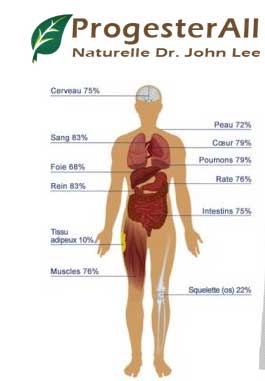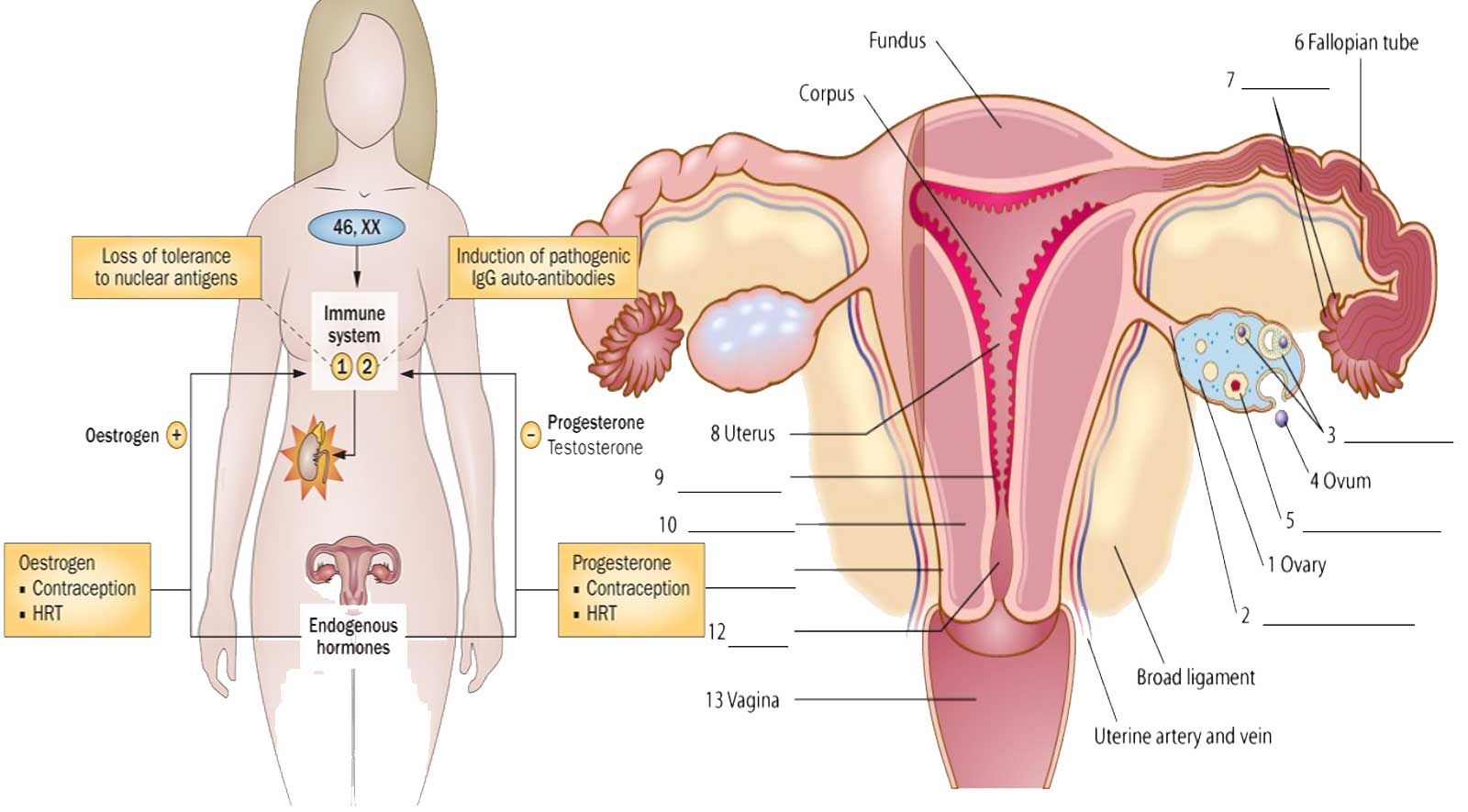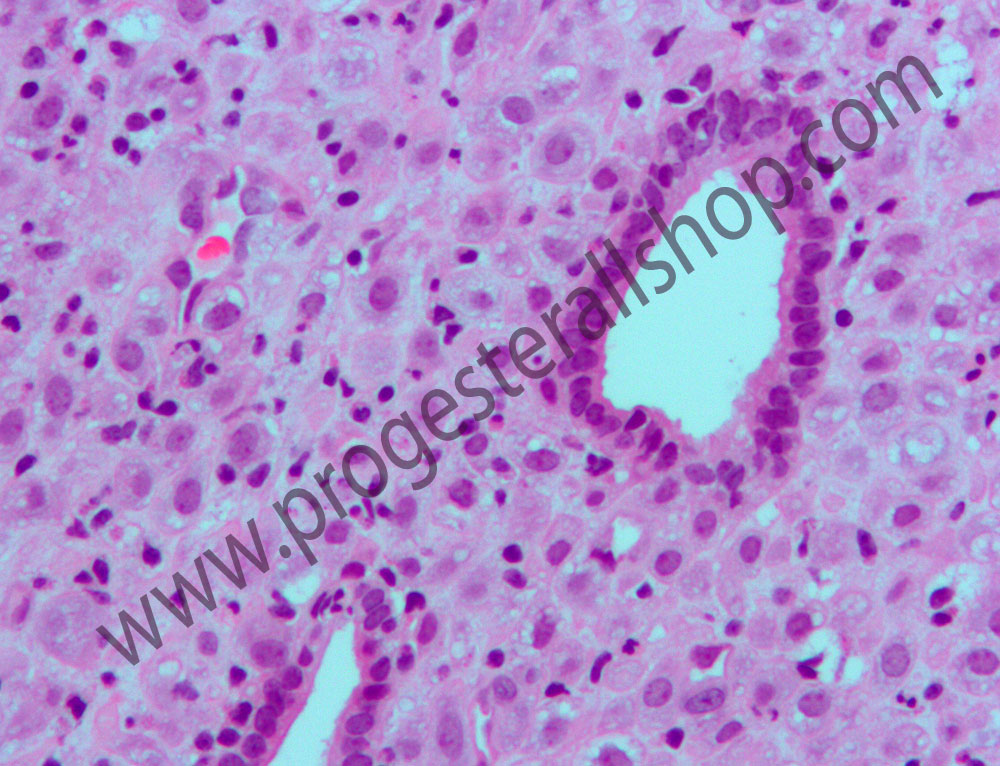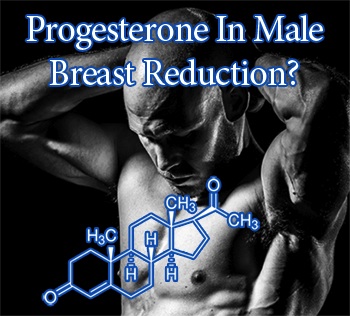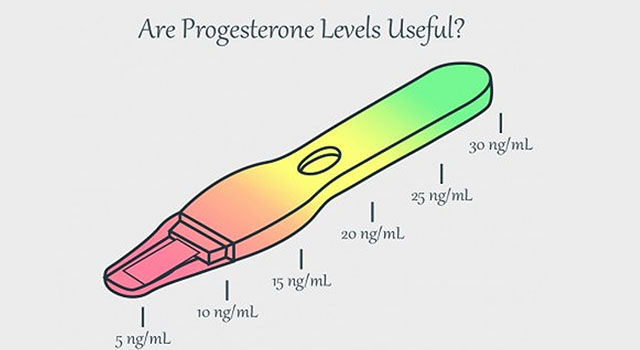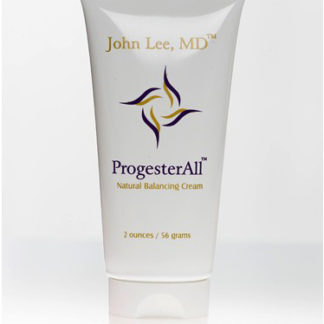
A SPECIAL EDITION OF THE HOPKINS HEALTH WATCH
Dr. Ellen Grant, Lynne McTaggart and WDDTY Newsletter Launch Muddled Personal Attack on Dr. John Lee and on Natural Progesterone
Dr. John Lee and Dr. Ellen Grant had a longstanding disagreement about natural progesterone and its effects, but until recently it was a heated debate between physicians. Now Dr. Grant and Lynne McTaggart have launched a personal attack against Dr. Lee in the newsletter What Doctors Don’t Tell You (WDDTY). Dr. Grant’s article about progesterone and breast cancer, titled “Cancer in a Cream?” sounds convincing on the surface, but in truth it’s hopelessly muddled and riddled with inconsistencies and inaccuracies.
Dr. Lee greatly admired the early and pioneering work Dr. Grant did exposing the first birth control pills as dangerous, and he felt she had been instrumental in galvanizing drug companies to create safer oral contraceptives, probably saving thousands of lives in the process. He expressed that admiration, both to her personally and in his talks and books. The fact that Dr. Grant is now attacking someone who isn’t here to defend himself speaks volumes, but there are many of us who are here to defend Dr. Lee and set the record straight.
WDDTY Editor Lynne McTaggart introduces Dr. Grant’s article in an editorial that describes Dr. Lee as “proselytizing” and describes his point of view as “not only wrong, but dangerous.” The fact is that the science and research behind Dr. Lee’s work is more solid than ever, and new research comes out every month that supports it. Thousands of doctors in clinical practice—which is where the rubber meets the road—are turning to bioidentical hormones because they’re safer and work better.
Dr. Ellen Grant and Lynne McTaggart of WDDTY Make Factual Errors
In contrast, Dr. Grant’s article doesn’t even provide us with a good scientific debate, because her reasoning is so muddled and her foundational assertions aren’t correct. For example, Dr. Grant continues to base many of her arguments about natural progesterone on research with synthetic progestins. She admits they’re different, but argues as if they’re the same. Yes, they have some common actions in the body, but they also differ enormously. No reputable scientist or physician disputes the fact that progesterone and progestins are different, but Dr. Grant has continued to insist over the years that research on progestins applies to progesterone. In her WDDTY article, she repeatedly switches back and forth between statements about progestins and progesterone, as if they are interchangeable.
Ms. McTaggart compounds this misunderstanding by claiming that natural progesterone really isn’t natural because it is “…a substance made in the laboratory by taking the sterol base of wild yam and chemically tweaking it, adding molecules here and there until you produced something with the same molecular blueprint as ovary-derived progesterone.” Dr. Ellen Grant makes a similar statement, that progesterone “…approximate[s] the compound [sic] the female ovary produces.”
As Dr. Lee used to say, “a rose is a rose is a rose, and progesterone is progesterone is progesterone.” It’s either progesterone, or it’s not. It either has the same molecular structure, or it doesn’t. The progesterone known as “natural” progesterone is the exact same molecule as so-called ovary-derived or bioidentical progesterone. This is a fact.
Research on Progesterone and Breast Cancer
After the factual errors, which cast a shadow over all of Lynne McTaggart and Dr. Grant’s assertions, is the premise that one can declare “progesterone causes breast cancer” based on in vitro (test tube) research with a couple of breast cancer cell lines. As Dr. Lee repeatedly pointed out, test tube research is one-dimensional, while progesterone’s actions in the human body are affected and mediated by dozens of other factors, including organs, glands, hormones, the immune system, lifestyle and genes—to name a few. Test tube research can only suggest a possible theory for further exploration.
Breast cancer researcher Dr. David Zava, our co-author of What Your Doctor May Not Tell You about Breast Cancer,” and a great friend and colleague of Dr. Lee, spent thousands of hours studying these same breast cancer lines. He explains, “It’s ludicrous to extrapolate this research to humans without an in-depth understanding of biochemistry and physiology. The reality of how progesterone affects breast tissue is far more complex—progesterone is only one piece of the puzzle. The research Dr. Grant cites is good, solid scientific work, and very interesting, but it is not even close to enough information to declare that progesterone is carcinogenic. In fact, there’s far more research showing the opposite—that progesterone is protective against breast cancer—and in addition to that there’s clinical data, done with real women that shows it’s protective.”
As for test tube studies, there are dozens, if not hundreds, showing that progesterone reduces cell proliferation, encourages apoptosis (cell death), and stimulates differentiation of cells—all important factors in preventing breast cancer. There’s a buzz out there right now in the research community about the p53 gene’s possibilities in preventing and treating breast cancer and guess what? Progesterone upregulates the p53 gene, a nice little piece of test tube research done about a decade ago that pointed the way to much other research on progesterone and p53.
Real Progesterone Research with Real Women
Let’s briefly review some of the clinical data—meaning research with real, live human women—on progesterone and breast cancer. If you’d like details and more research, please read What Your Doctor May Not Tell You about Breast Cancer.
1) The earliest clinical study that we know of on progesterone and breast cancer was done at Johns Hopkins University back in 1981 (Cowan et al, American Journal of Epidemiology). They measured estrogen and progesterone in a group of women, then divided them into two groups: those with normal progesterone levels and those with low progesterone levels. They followed these women for 20 years and found that in the women with low progesterone, the incidence of breast cancer was over 80 percent greater than those with normal progesterone, and the incidence of all cancers was ten times higher than in women with normal progesterone.
2) In 1996, researchers measured women’s progesterone before breast cancer surgery and found that those with normal progesterone levels had an 18-year survival rate—twice that of women with low progesterone at the time of surgery. (Mohr et al, British Journal of Cancer)
3) Three studies in particular have shown progesterone’s effect on breast cells. One, by Foidart et al and published in the journal Fertility and Sterility in 1998 concluded, “Exposure to progesterone for 14 days reduced the estradiol-induced proliferation of normal breast epithelial cells in vivo.” Another, by Malet et al and published in the Journal of Steroid Biochemistry and Molecular Biology, in 2000 concluded, “Cells exhibited a proliferative appearance after E2 [estradiol] treatment, and returned to a quiescent appearance when P[rogesterone] was added to E2. P[rogesterone] appear(s) predominantly to inhibit cell growth, both in the presence and absence of E2.”
The third study tested the effects of transdermal (rubbed into the skin) hormones in healthy young women planning to undergo minor breast surgery for aesthetic reasons or for benign breast disease. Ten to 13 days before surgery, four groups of women applied either estradiol cream, progesterone cream, a combination of estradiol and progesterone or a placebo cream (with no hormones in it). At surgery, biopsies were done to measure estrogen and progesterone levels, and the level of cell proliferation rates. (High levels of cell proliferation is a marker for breast cancer.) The study demonstrated that both hormones were well absorbed through the skin into the breast tissue. But even more significant, estradiol increased cell proliferation by 230 percent, whereas progesterone decreased it by more than 400 percent. The estradiol-progesterone combination maintained the normal proliferation rate. (Chang et al, Fertility and Sterility)
4) In 2002, a French study of HRT in 3,175 women was released. This was particularly interesting because it was a large study, and because, to quote the study, “…the main specificity of the French cohort is that 83% of the combined HRT users were receiving mostly or exclusively a transdermal estradiol gel formulation, and the progestin was oral micronized progesterone in 58%, while MPA users were less than 3%.” Oral micronized progesterone is bioidentical, natural progesterone, which is what most French women use, rather than the synthetic progestins. The conclusion of the study was that, “When both duration of use and the last period of use were analyzed together, no significant increase in breast cancer incidence was observed in any of the four subgroups considered,” and “From internal analysis, there was no significant increase in the risk of breast cancer related to use of the specific type of HRT most prescribed in France.”
Moderation and Common Sense are the Keys to Optimal Health
One of the aspects of Dr. Lee’s character that I admired most was his willingness to change course and moderate his message when new evidence was brought to his attention. He was first led to progesterone when he realized that the conventional HRT he had been prescribing for years had probably harmed many women. He had the courage to admit this first to himself, then to his patients, and he then set about solving the puzzle of how to help women balance their hormones safely and effectively. The discovery of progesterone as a neglected piece of the hormone balance puzzle was exciting and yes, he was a man on a mission to help women balance their hormones and to help undo the damage of conventional HRT. As a result of his courage and zeal, millions of women are healthier and happier.
From the beginning, Dr. Lee recommended no more than 15 to 30 mg of progesterone daily for the majority of women, and for premenopausal women for just two weeks per cycle. This is a very moderate dose that approximates what the ovary would be making in a normal premenopausal woman. Furthermore, he advocated splitting the dose and taking half in the a.m. and half in the p.m.
There’s no doubt that it’s not a good idea for most women to take large doses of progesterone in any form over a long period of time. That’s just not good medicine, it’s not balanced, it’s not common sense, and it’s bound to cause trouble sooner or later. In his first self-published book for doctors, Dr. Lee likened the “dance of the steroids” to an orchestra, where each player creates beautiful music by being in harmony and rhythm with the others. Large doses of progesterone will drown out the other players and create chaos.
As zealous as Dr. Lee was about progesterone, his message was never just about one hormone. He always strongly advocated a wholesome diet, moderate exercise, good sleep, stress management, healthy relationships with others, and the importance of making time for fun and for contemplation.
The quest for optimal health is never-ending, and ever-changing, and is best addressed on all levels: physical, emotional, mental and spiritual. There’s no magic potion or lotion. Optimal health is an ongoing, evolving journey of discovery.
Please Pass This On
The Dr. Ellen Grant – Lynne McTaggart article has created quite a stir because it was widely spread around on the internet, and as I said earlier, it sounds quite convincing if you’re not familiar with the research. However, the information on breast cancer, as well as the additional information about progesterone and the immune system, isn’t accurate or convincing once you have the facts in hand.
There’s a lot of misinformation about progesterone being spread around right now. It’s probably not coincidental that this well-financed and well-orchestrated campaign coincides with Wyeth-Ayerst’s petition to the FDA demanding that compounding pharmacists not be allowed to dispense natural hormones. (Wyeth-Ayerst is the maker of PremPro.) If they succeed in pressuring the FDA into making progesterone made a prescription-only, brand name drug, it will be interesting to watch how quickly they come out with a progesterone cream, patch or pill themselves.


